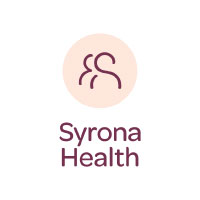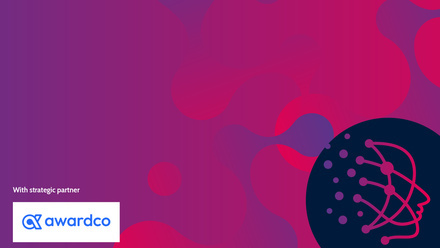Ways to use data to create a connected wellbeing strategy
As workplaces emerge from the pandemic, another crisis looms – poor wellbeing. As a result, employee wellbeing has leapt firmly to the top of corporate agenda.
In fact, 2021 data reveals that 75% of employees believe senior leaders consider employee wellbeing important, up from 61% in 2020.
Those employees choosing to participate in the Great Resignation or Reshuffle often have something in common – they are prioritising their own well-being. Contrary to conventional wisdom, a higher salary is not the only factor that encourages employees to seek a new job.
This is why corporate leaders are collecting data to invest in their wellbeing strategy, with the aim of ensuring a happy, productive and healthy workforce. The days of the archaic practice of annual surveys, however, are long over.
Data-driven employee health benefits are the future of a connected wellbeing strategy that is both modern and fit for purpose. Technology driven wellbeing initiatives allow for better long-term tracking of employee physical and mental health, helping give employees ownership of their own health.
Additionally, it benefits HR teams, providing a simple way of gaining insights into the overall wellbeing of the workforce through aggregated data. For example, Syrona Health’s easy to read dashboard helps analyse trends, behavioural patterns and engagement levels in overall wellbeing in an organisation.
If you’re looking to improve wellbeing through data, here are a few tips to make the most of health-related insights in your organisation:
1. Make sure data is good quality
It is important as an organisation to agree and collate data that is not just useful but also high quality. Health data can be a force for good in the organisation if granular level data is collected. For example, an organisation can collect demographic data but will not necessarily connect the dots to understand how engagement with different aspects of health may vary based on different demographics.
2. Small, consistent behaviours
It’s been suggested that to be a professional sportsperson takes 10,000 hours of practise, using the same skills over and over again. To help your employees acquire such a high-performance mindset, change must be re-enforced, achievable, and consistent. For example, your health data may suggest that your workforce is sedentary, leading to long-term chronic health conditions.
This insight can be invaluable in creating incentives through gamification or rewards to alter this through behaviour change. These small, consistent changes can lead to significant health impact on your organisational wellbeing.
3. Personalisation
Employers must consider the unique situations, backgrounds and needs of its employees to personalise offerings, services and communications regarding their health. An important step towards personalisation is the use of employee health data.
That data can be leveraged to recommend health services/products that are of interest to them, increasing engagement levels. Employers can use this engagement data to inform their wellbeing strategy and stratify the health requirements of the organisation based on seniority, age groups, ethnic profiles etc.
A data-driven approach to benefits can yield higher employee participation in benefits programmes as well as improved employee tenure and retention. Syrona’s data, dashboard and reporting functionality enable organisations to get a detailed picture of behaviour patterns and potential health problems.
This in turn helps build a better-informed wellbeing strategy which ultimately aligns with business objectives. It also has the added bonus of being able to share and visualise such data with ease for management teams.
Supplied by REBA Associate Member, Syrona Health
Track your symptoms & lifestyle to get expert insights with SORA, your virtual health assistant








